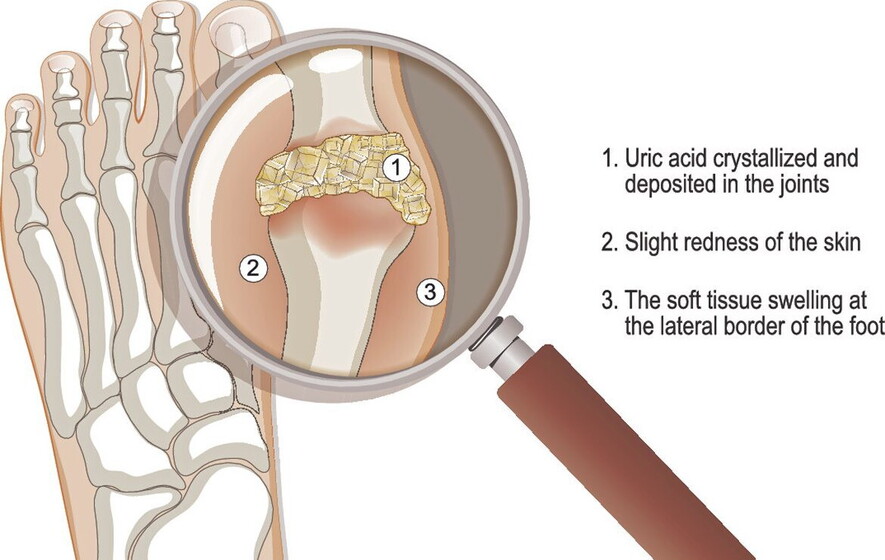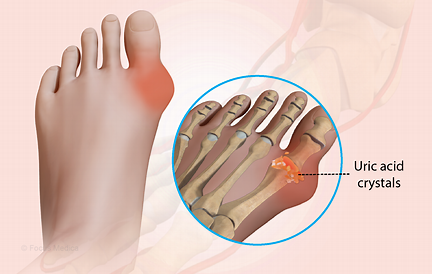The Irish News 11, November, 2022
Cases of gout are on the rise, but the condition is misunderstood, and few patients get the treatment they need, writes Julie Cook
AS an active young man in his 20s, Harry Tyndall was both shocked and scared to wake up one morning with an intense shooting pain in his right foot.
“It was the worst pain ever – I thought I’d broken it. I couldn’t even walk, yet I had done nothing to injure it,” recalls Harry, who was then just 27.
A trip to A&E followed, where Harry was diagnosed with gout, a form of arthritis that causes sudden, severe joint pain and is often associated with elderly men paying the price for over-indulging in rich food and port.
Continue reading “Gout is on the rise – so why do so few patients get treatment they need?”
